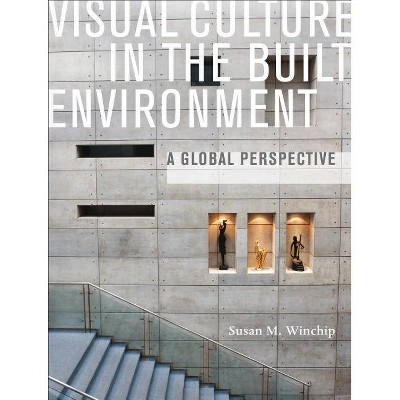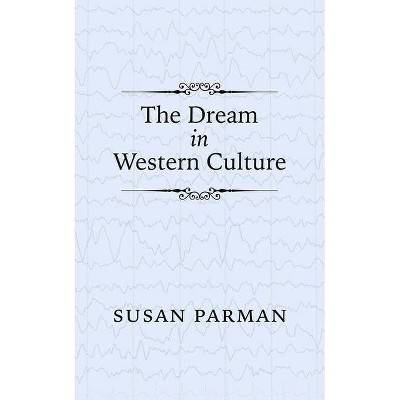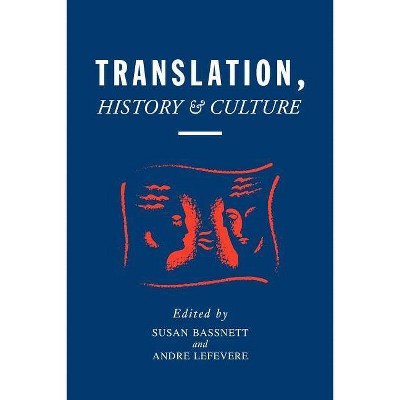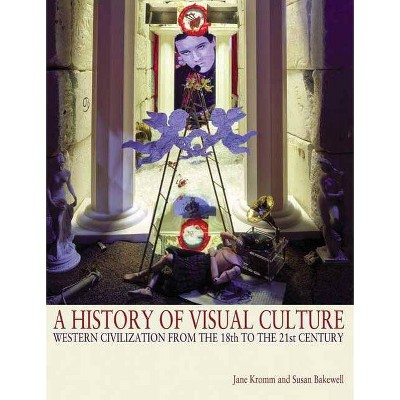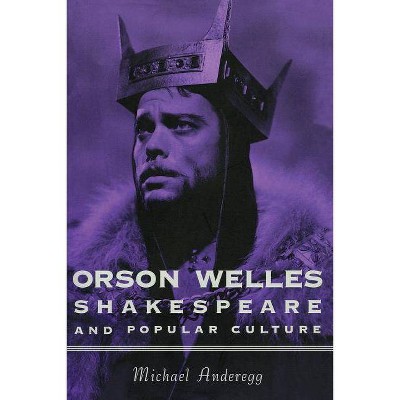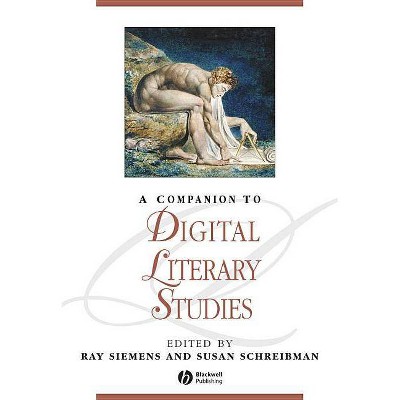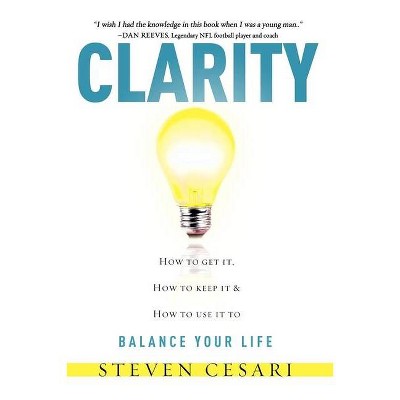Clarity, Cut, and Culture - by Susan Falls (Paperback)
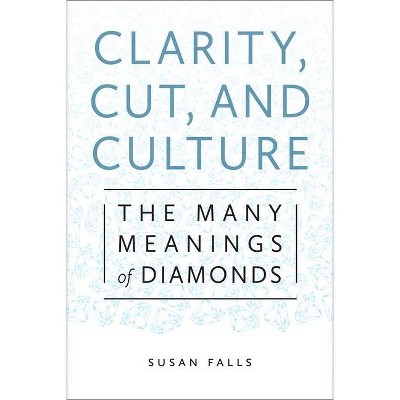
Similar Products
Products of same category from the store
AllProduct info
<p/><br></br><p><b> About the Book </b></p></br></br>"Images of diamonds appear everywhere in American culture. And everyone who has a diamond has a story to tell about it. Our stories about diamonds not only reveal what we do with these tiny stones, but also suggest how we create value, meaning, and identity through our interactions with material culture in general.Things become meaningful through our interactions with them, but how do people go about making meaning? What can we learn from an ethnography about the production of identity, creation of kinship, and use of diamonds in understanding selves and social relationships? By what means do people positioned within a globalized political-economy and a compelling universe of advertising interact locally with these tiny polished rocks?This book draws on 12 months of fieldwork with diamond consumers in New York City as well as an analysis of the iconic De Beers campaign that promised romance, status, and glamour to anyone who bought a diamond to show that this thematic pool is just one resource among many that diamond owners draw upon to engage with their own stones. The volume highlights the important roles that memory, context, and circumstance also play in shaping how people interpret and then use objects in making personal worlds. It shows that besides operating as subjects in an ad-burdened universe, consumers are highly creative, idiosyncratic, and theatrical agents"--<p/><br></br><p><b> Book Synopsis </b></p></br></br><p>Images of diamonds appear everywhere in American culture. And everyone who has a diamond has a story to tell about it. Our stories about diamonds not only reveal what we do with these tiny stones, but also suggest how we create value, meaning, and identity through our interactions with material culture in general.</p> <p>Things become meaningful through our interactions with them, but how do people go about making meaning? What can we learn from an ethnography about the production of identity, creation of kinship, and use of diamonds in understanding selves and social relationships? By what means do people positioned within a globalized political-economy and a compelling universe of advertising interact locally with these tiny polished rocks?</p> <p>This book draws on 12 months of fieldwork with diamond consumers in New York City as well as an analysis of the iconic De Beers campaign that promised romance, status, and glamour to anyone who bought a diamond to show that this thematic pool is just one resource among many that diamond owners draw upon to engage with their own stones. The volume highlights the important roles that memory, context, and circumstance also play in shaping how people interpret and then use objects in making personal worlds. It shows that besides operating as subjects in an ad-burdened universe, consumers are highly creative, idiosyncratic, and theatrical agents.</p><p/><br></br><p><b> Review Quotes </b></p></br></br><br>[]Clarity, Cut, and Cultureis a helpful and detailed study of & the many meanings of diamonds in the society. It could be useful to scholars of culture studies, American studies, popular culture studies, sociology, and related disciplines, and those interested in the symbolic influence of diamonds and their historical use and meanings.-- "Journal of Popular Culture"<br><br>[Falls] interviews experts and ordinary people about their relationships to diamonds, and finds a perfect case of the contradictory and random nature of our preferences. Women who consider expensive rings signs of being 'owned'nevertheless covet them. Men who think mining diamonds in Africa causes unconscionable misery nevertheless want to give them to women. Pretty much everyone seems to understand that the industry is corrupt and that diamonds prices are unrelated to their supposed scarcity, yet they still cherish the stones as heirlooms and tokens of love.-- "Pacific Standard"<br><br>[The] book tells the story of the remarkable rise of the modern diamond industry, which proceeded via a series of gold-rush-like crazes that began in India, peaking there in the late 1600s before shifting to Brazil. . . . As the titleClarity, Cut, and Culturesuggests, Ms. Falls book spends considerable time on the production and marketing of finished stones, taking readers inside Manhattans famous Diamond Row, on 47thStreet, for example. There, in tightly policed cutting schools, students work in blue-carpeted rooms under special fluorescent lights practicing their craft that is, after providing a credit card to guarantee payment for the loss of any stone they handle.-- "Wall Street Journal"<br><br>A fascinating study of the absolutely powerful but ambiguous symbolism attached to diamonds: value, romanticism, permanence, devotion, and shining are part of the instantly recognized language for diamonds, but it is an ambiguous and evocative vocabulary. The ethnographic stories in Falls account emphasize that we have become comfortable with consuming these ambiguous signs. Even people disinterested in diamonds seem persistently curious about and perhaps even silently obedient to a rock cast as a symbol of love, heritage, and permanence.--Paul R. Mullins, Indiana University-Purdue University, Indianapolis<br><br>A prime and important message is how this highly symbolic rock can stand for, contain, and reference diverse, sometimes conflicting, messages. Falls devotes chapters to the history and manufacture of diamonds and the levels of meanings diamonds signify about emotions, love, continuity, relationship, status, and prestige. An absorbing chapter concerns how traditional meanings of diamonds have been riffed on and subverted in bling. Chapters & From Rock to Gem and & Valuing Diamonds stand out as accessible and strong. Summing Up: Recommended.-- "Choice"<br><br>Fall's research indicates the breadth and depth of the penetration of diamonds among American consumers.-- "Public Books"<br><br>Falls delivers an intriguing and insightful foray into multiple ways in which diamonds acquire and deploy deep, cultural meaning and thus maintain their economic heft. Through social and semiotic analyses of this most sought after gem, Clarity, Cut, and Culture illustrates the interlacing practices and multifaceted interpretations that play out in the arenas of commerce, romance, politics and status.--Daniel Thomas Cook, author of The Commodification of Childhood<br><br>Falls discusses how the industry should be talking about its product, why the hip-hop community embraced bling, and why even people who have mixed feelings about diamonds will buy them anyway.-- "JCK Magazine"<br><br>In this excellent, new contribution to research on the diamond industry, consumer behavior, and the social lives of things, Susan Falls addresses the & many meanings of diamonds While Clarity, Cut, and Culture certainly addresses what diamonds mean to various consumers, its most important contributions lie in its detailed accounting of how people make things like diamonds meaningful.-- "Anthropological Quarterly"<br><br>In Clarity, Cut, and Culture, Susan Falls tackles a critical question about modernity andmeaning: Why, when marketers spend billions of dollars cloaking their products withpositive meanings, do people buy them even when they say they are not influenced bywhat the marketer is trying to do?-- "American Anthropologist"<br><br>SCAD anthropology professor Dr. Susan Falls has spent the past decade researching these most precious stones and parsing their value. But along with exploring their economic and anecdotal worth in her book, Clarity, Cut and Culture, Falls also examines diamonds through the lens of semiotics, the study of meaning.-- "Connect Savannah"<br><br>Were this book simply a portrayal of the diamond business, it would have been outstanding. It is far more. It is an innovative study of a commodity that must be as unique as the relationship it celebrates and memorializes. It challenges many of the basic assumptions of marketing by describing the consumers paradoxical responses to its strategies. A truly remarkable book.--Vincent Crapanzano, Distinguished Professor of Comparative Literature and Anthropology, CUNY Graduate Center<br>
Price History
Price Archive shows prices from various stores, lets you see history and find the cheapest. There is no actual sale on the website. For all support, inquiry and suggestion messagescommunication@pricearchive.us



